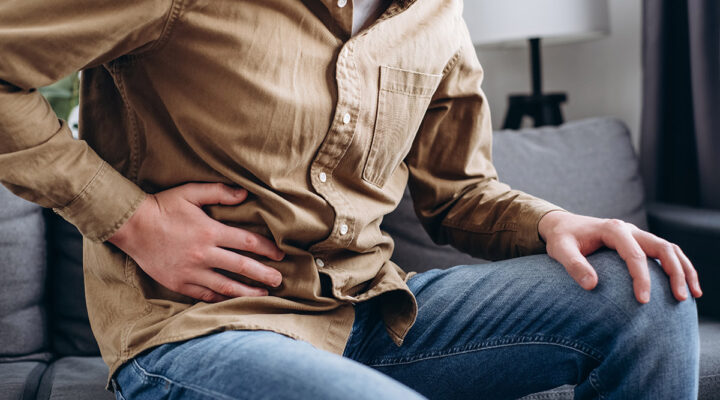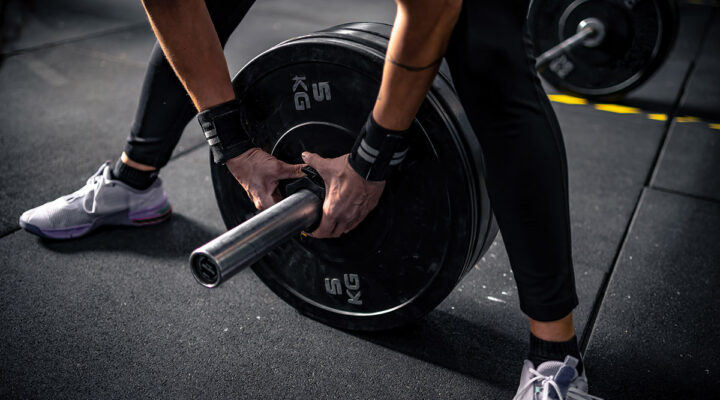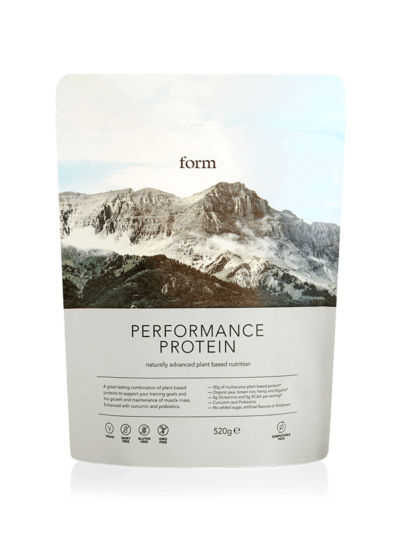Ask Dr. Adam: Does Poor Sleep Affect Muscle Recovery?
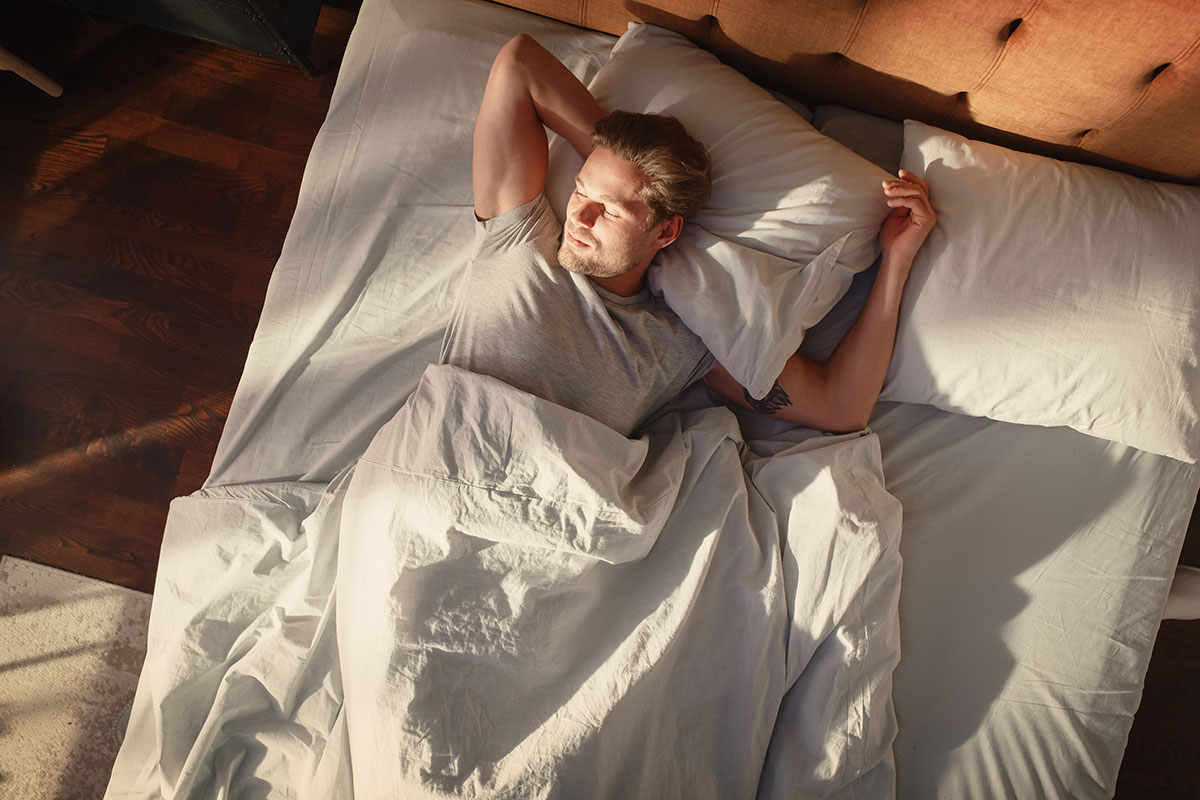
We all know that getting enough quality sleep is essential for a healthy lifestyle. Yet, despite our best efforts, many of us are stressed, overworked and regularly missing out on the recommended eight hours of rest we need. In fact, recent statistics reveal that a staggering three-quarters of all adults aren’t getting enough sleep.
Lack of sleep doesn’t just leave you feeling cranky and reaching for the office coffee machine throughout the day, chronic sleep issues can also increase your risk of certain health issues like depression, anxiety and hypertension.
But what effect does it have on your workout gains? If you’re religiously sticking to your early-morning gym schedule, but you’re spending night after night staring at the ceiling, will it hinder muscle growth, recovery and performance? Let’s explore.
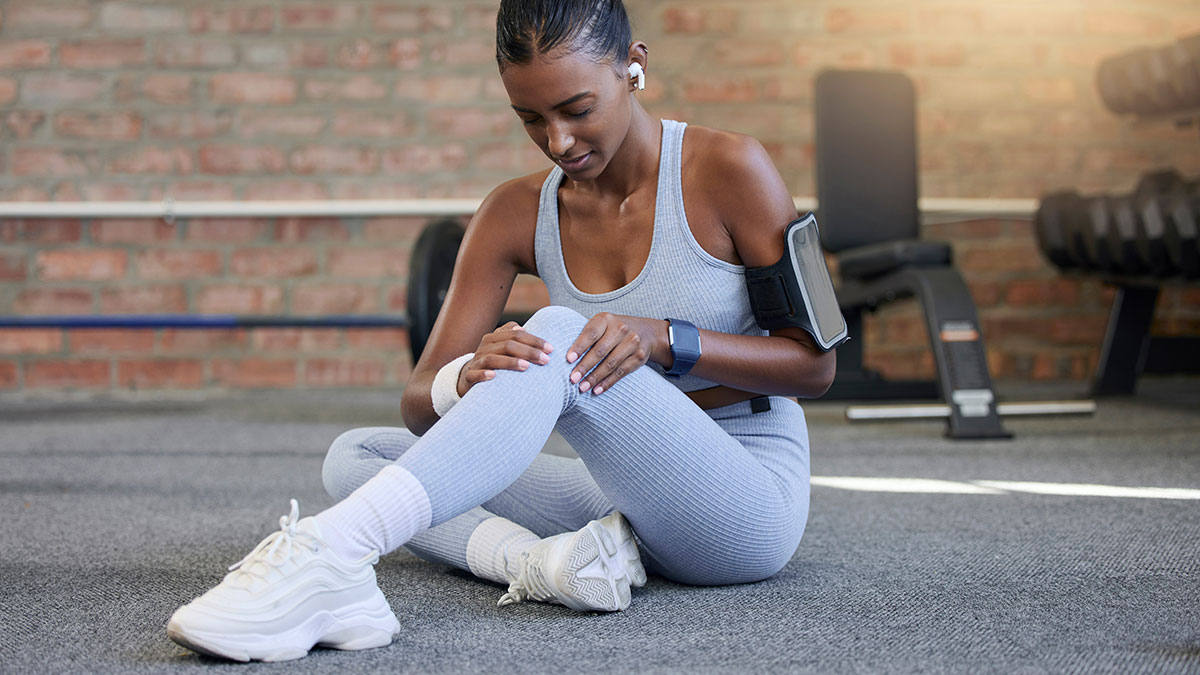
Why sleep matters… but diet does too
When you sleep, your body goes into a mode where it repairs and rebuilds itself, including your muscles. This is what’s otherwise known as ‘rest and repair’.
But for this repair to happen effectively, your body needs the biological process of protein synthesis to take place, which is basically the process of building new proteins in your muscles. This synthesis is triggered by both exercise and having enough amino acids (the building blocks of protein) and energy from your diet in your system.
So, if you’ve worked out during the day and eaten a good high-protein meal afterwards, your body is primed to build and repair muscles while you sleep. But if you’re lacking sleep, or you’ve skipped dinner, your body might not be able to do this properly.
The effects of poor sleep
Poor sleep is associated with a higher risk of muscle injury and overtraining effects due to increased release of cytokines, similar to the body’s inflammatory response, as a consequence of inadequate sleep.
Also, when you don’t get enough sleep, your hormone levels can become unbalanced. You might have lower levels of growth hormone and testosterone, which are important for muscle repair, and higher levels of cortisol, which can interfere with muscle recovery.

Exercise can hinder sleep too
Another thing to consider is that if your muscles are sore from overdoing it during exercise, that can also affect your sleep quality. So, if you’re feeling achy after a workout, it might be harder for you to get a good night’s sleep.
There is evidence to suggest that certain foods or drinks, like tart cherry juice, might help reduce muscle soreness and improve sleep after exercise, so you might want to try stocking up your fridge ahead of your next gym session.







